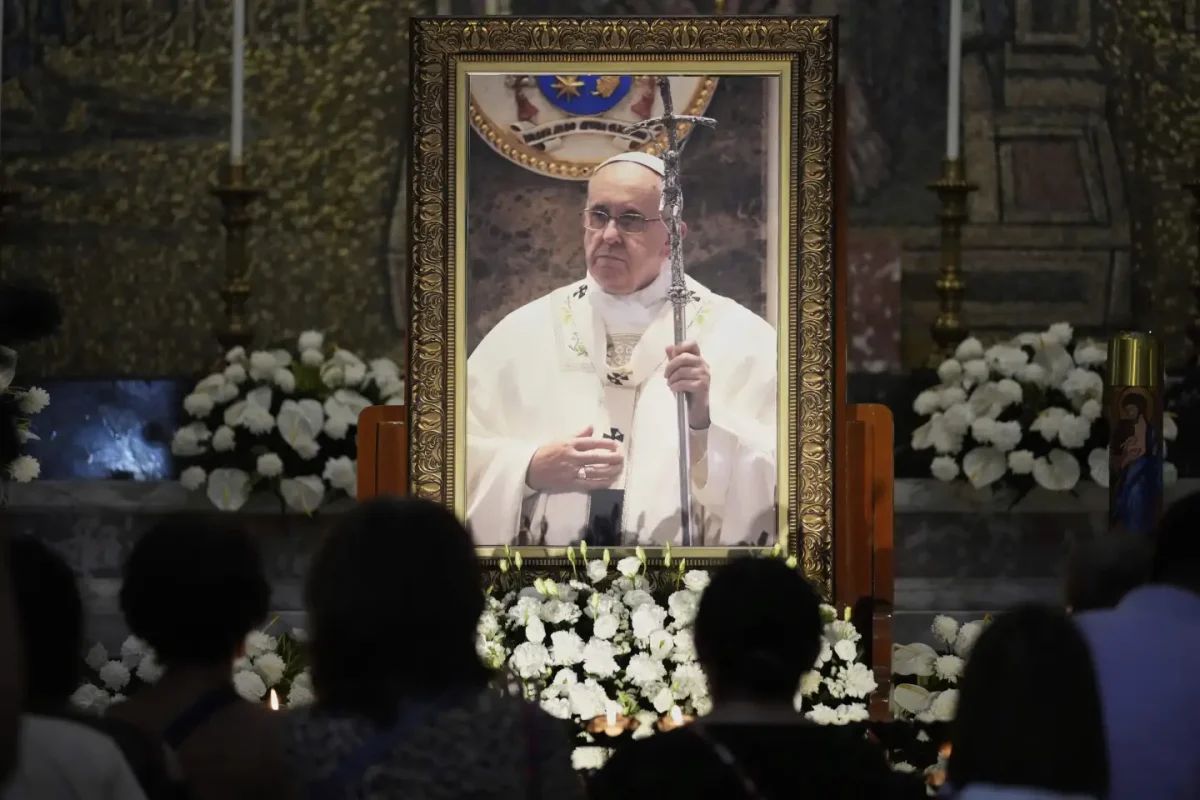On Friday, everybody got an email from the University about how “certain areas of campus” with “some individuals” are not following the University’s tobacco-free policy.
Vice Chancellor Kurt Keppler might as well have Instagrammed a shoutout to the group of students in front of Middleton Library, who hung empty cigarette packs in the trees alongside Christmas decorations.
The real meat and potatoes of the email comes with the claim of “stricter enforcement measures.” After talking to Keppler myself, he said this means the University will start acting on the massive amount of complaints they’ve already received about smokers.
Most of these complaints are directed at a very small percentage of the University’s population, with the vast majority of students in compliance with the policy. Because of this, Keppler is hoping the community at large will call out tobacco users and report them.
Essentially, the University is encouraging students and employees alike to bully tobacco users into ceasing their habit. If it goes anything like middle school did for me, they might have a winning, yet potentially traumatizing, formula.
Despite the effectiveness of peer pressure, there is still no reliable enforcement mechanism for getting smokers to stop lighting up for the occasional cigarette if they don’t care about the policy or the scorn of others.
Let’s say I’m smoking in front of Middleton and somebody asks for my ID to report me to Student Advocacy and Accountability. Why, by any stretch of the imagination, would I give it to them?
The situation seems similar to a Resident Assistant asking somebody drinking outside of a dorm for his or her ID. If the RA is in a bad mood, he or she might call the police for failing to comply, but by the time the blue and red shows up, the person will probably be long gone.
LSUPD spokesperson Capt. Cory Lalonde repeated his department’s stance that no LSUPD officers will be going around campus telling people to put their cigarettes out. They don’t have the legal authority to enforce University policy, only laws.
They will, however, respond to calls of people refusing to identify themselves and share the names of the people involved with the appropriate University office, Lalonde said. Supreme Court cases have found it’s not illegal to refuse to identify yourself to the police if they have no reasonable suspicion that you’re involved in illegal activity, but I don’t recommend refusing to talk to the cops if you can help it.
In short, the only way anybody will actually be cited for smoking a cigarette is if they refuse to provide ID, and the police officer called to the scene feels like ruining somebody’s day.
This system is doubly ridiculous for those who don’t smoke, but consume tobacco in an e-cigarette or chewing tobacco. Is the University community really so uptight that it’s going to report someone because they were annoyed by the sound of spitting dip juice into a water bottle or the smell of mango-peach nicotine liquid?
None of this would be a problem if the University bothered to designate a smoking area, just like nearly every other peer institution. Heck, the Law Center has a gazebo where all the smokers congregate.
Nearly all of the Middleton smokers I talked to said they would happily move if the University provided them with a designated area.
Keppler and other University higher-ups have said flat-out that this will not happen. Their strongest claim is that they don’t want to spend money on a place to accommodate people with unhealthy habits.
What I don’t understand, is why they can’t paint a line on the ground under the covered walkway right behind Middleton and tell the smokers to go there instead of where everybody walks. It puts the smokers out of the way of most foot traffic and gives them plenty of room to destroy their lungs to their heart’s content.
Another claim, utilized in the past by mass communication professor Judith Sylvester, is that the law says campus has to be tobacco free, and that’s why designated smoking areas are a no-go.
This is not the case. The law does not specify what the wording of the policy has to be. It only says that schools must establish some kind of smoke-free policy. University administrators could have very easily written in a clause for designated smoking areas, but chose not to.
Maybe in five or 10 years, this won’t be as big of an issue. Tobacco usage rates are going down among young people, and there’s a strong campaign to continue this trend.
Right now, however, people still want to smoke their cigarettes in peace and will continue to do so no matter what you think about it. Once the University understands and accepts that fact, then maybe some progress can be made.
James Richards is a 20-year-old mass communication sophomore from New Orleans, Louisiana. You can follow him on Twitter @JayEllRichy.
Opinion: New policy for campus tobacco users is pointless and cannot be enforced
February 22, 2015
More to Discover








